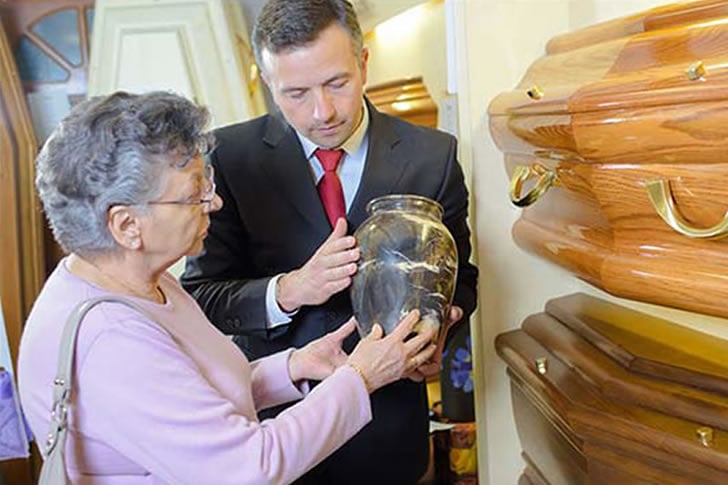Navigating Funerals, Mourning, and Remembrance: A Guide
Dealing with loss is never easy. This guide aims to offer practical advice for managing funerals, mourning, and the remembrance process.

Understanding
Funerals
The Purpose of Funerals
Funerals serve multiple purposes: honoring the deceased, offering a chance to say goodbye, and providing a structured environment for grief. They also allow family and friends to support each other during this difficult time.
Planning a Funeral
Planning a funeral involves several steps:
Choosing a Funeral Home
: Select a reputable funeral home that aligns with your needs and budget.Deciding on Burial or Cremation
: Determine the final disposition of the body based on cultural, religious, or personal preferences.Organizing the Service
: Decide on the type of service—religious, civil, or a celebration of life. Choose readings, music, and speakers.Handling Logistics
: Coordinate transportation, write obituaries, and send invitations.Attending Funerals
If you are attending a funeral, keep these tips in mind:
Dress Appropriately
: Wear conservative and respectful attire.Be On Time
: Arrive punctually to show respect.Offer Condolences
: Express your sympathy to the family, but keep it brief.Navigating the Process of
Mourning
Initial Mourning Period
The initial period after losing a loved one can be overwhelming. It's essential to allow yourself to grieve naturally without rushing the process.
Express Your Feelings
: Whether through talking, writing, or crying, expressing your emotions is crucial.Seek Support
: Lean on friends, family, or support groups.Self-Care
: Take care of your physical health through proper eating, sleeping, and light exercise.Long-Term Mourning
Mourning is a continuous process; it's common for grief to resurface over time, especially during anniversaries or significant dates.
Create a Routine
: Establish daily routines to help you regain a sense of normalcy.Seek Counseling
: Professional counseling can provide valuable coping strategies.Pursue Hobbies
: Engage in activities that you enjoy to find moments of joy and distraction.Helping Others Through Mourning
If you are supporting someone who is grieving, consider these approaches:
Be Present
: Offer your presence and listen without judgment.Offer Practical Help
: Assist with daily tasks like cooking, cleaning, or running errands.Encourage Professional Help
: Gently suggest counseling if it seems needed.Honoring
Remembrance
Creating Memorials
Memorials honor and celebrate the life of the deceased. They provide a tangible way to keep their memory alive.
Traditional Memorials
: Gravestones, plaques, and trees are common options.Personalized Memorials
: Consider photo albums, memory boxes, or custom artworks.Online Tributes
: Create a digital memory book or a social media tribute page.Anniversaries and Significant Dates
Special dates can be challenging. Plan ways to honor them that feel comforting.
Gathering
: Host gatherings with family and friends to share memories.Solo Reflections
: Spend quiet time alone or visit a place meaningful to you and the deceased.Acts of Kindness
: Perform charitable acts or random kindnesses in their honor.Celebrating Their Life
Instead of focusing solely on loss, celebrate the positives.
Share Stories
: Encourage loved ones to share uplifting or funny stories about the deceased.Create Traditions
: Establish new traditions that honor their memory, like lighting a candle or cooking their favorite meal.Engage in Their Passions
: Participate in activities they loved, be it a sport, craft, or volunteering.Final Thoughts on Funerals, Mourning, and Remembrance
Grieving is a highly individual experience, and there's no right or wrong way to do it. The key is to find what brings comfort and support to you and those around you. As you navigate through funerals, mourning, and remembrance, remember that it's okay to seek help and take all the time you need.








